Social Mobility Commission calls for children to be put centre stage of pandemic recovery

Social Mobility Commission (@SMCommission) calls for end to child poverty as it unveils ambitious plan to put social mobility at the heart of post pandemic recovery
The Social Mobility Commission today calls for a shake-up of child welfare benefits and significant investment in education to put disadvantaged children and young people at centre stage of the government’s recovery plan.
Its State of the nation report 2021, published today (20 July 2021), unveils in detail the devastating impact of coronavirus (COVID-19) on the UK’s four nations and warns that this will be felt for decades. Attainment gaps between disadvantaged and privileged children at school are already widening and young people from poorer backgrounds have been more likely to lose paid work than better off peers, it shows.
The government, employers and educators have to act now to rescue the next generation from decades of hardship and they should start by ending child poverty, says the Commission. Almost one in three children (4.3 million) is now in child poverty, 700,000 more than 2012, the report reveals. The organisation argues that the poorest families and their children have suffered most during the last 18 months and should be helped first.
The SMC points out that the UK government dug deep to provide billions of pounds for furlough schemes and help for business and should now dig deep again to take the same decisive action to tackle inequality and improve social mobility.
The Commission, an independent body which advises the UK government, proposes removing the two-child limit in Universal Credit and child tax credit, so larger families are not penalised. It also suggests raising each child payment covered by Universal Credit by at least £10 per week to help the poorest families and increasing child benefit by the same amount.
The £14 billion package would lift 1.5 million children out of poverty as well as helping many more out of deep poverty. But the Commission also proposes a range of other measures to help disadvantaged families including: extending early years’ child care; additional funds for school children in long term poverty; a student premium for 16-19 disadvantaged students; greater digital access; and three million more social houses.
It recognises that hard choices have to be made but insists that extra taxation should be levied only on those who can afford to pay.
The Commission has outlined seven key pillars for recovery with detailed recommendations covering: geography and local power; poverty and living standards; early years; education; apprenticeships and adult skills; digital access; and work and career progression.
The SMC also urges the UK government to put social mobility and these recommendations at the heart of its levelling up agenda. The Commission has frequently highlighted the importance of tackling geographical inequalities and supports the UK government’s focus on this. But it wants to ensure that levelling up is as much about investment in people as it is about infrastructure.
Together the recommendations, drawn from the SMC’s work for the last three years, sum up what Commissioners believe are the most important levers to boost social mobility in the years ahead.
Sandra Wallace, interim Co-Chair of the SMC, said:
“Now is the time to take action and we must not shy away from difficult decisions. Now is the moment to level up opportunities for children across the country.
“Ending child poverty and investing significantly in education are two of the most impactful and influential things the UK government can do to improve social mobility.”
Steven Cooper, interim Co-Chair of the SMC, added:
“A recovery programme presents a chance to put social mobility at the top of the agenda, but it will have to be a group effort.
“It will require commitment from government, employers, educators and local leaders to ensure young people have greater access to opportunities from school to employment.”
 Sir Peter Lampl, founder and chairman of the Sutton Trust and chairman of the Education Endowment Foundation (EEF) said:
Sir Peter Lampl, founder and chairman of the Sutton Trust and chairman of the Education Endowment Foundation (EEF) said:
“Today’s State of the Nation report makes for devastating reading. As our research has shown – and today’s report brings into sharp focus – it’s those from poorer homes whose future prospects are likely to be catastrophic. It’s unacceptable that almost a third of children are classed as living in poverty.
“Today’s report will hopefully transform the government’s response to the pandemic. Funding for education recovery has been negligent and last week’s speech on ‘levelling up’ was short of any specifics. Failure to act now will have consequences for the lifetimes of young people. Young people deserve better.”
 Responding to the Social Mobility Commission State of the Nation report 2021 calling for significant investment in education as part of the government’s pandemic recovery plan, Chief Executive of AoC, representing over 93% of further education colleges in England, David Hughes said:
Responding to the Social Mobility Commission State of the Nation report 2021 calling for significant investment in education as part of the government’s pandemic recovery plan, Chief Executive of AoC, representing over 93% of further education colleges in England, David Hughes said:
“The State of the Nation report rightly challenges the government to ensure a generation of young people are not left behind due to pandemic disruption and widening inequality gaps. The SMC supports our calls for a 16-19 student premium and catch-up support – these students are the group with the least time left in education and have suffered a disrupted year of learning and face a tough labour market afterwards.
“They simply cannot wait for the next spending review – without immediate support, we risk them slipping through the net. Treasury and DfE should carefully but quickly consider these recommendations because the clock is ticking and young people need support now. The case for more investment in 16 to 19 learning in colleges is very strong and will have the greatest impact on those that need it most.”
 Russell Hobby, CEO of Teach First, said:
Russell Hobby, CEO of Teach First, said:
“It is a sad reality that inequality is embedded in our education system. Even before the pandemic, the gap in attainment between disadvantaged young people and their richer counterparts was stark – but this report is further evidence that the pandemic has made it even worse.
“A good education can transform a child’s life chances so increasing pupil premium funding in schools must be the starting point. Schools serving disadvantaged communities were already in need of significantly more funding and the impact of pandemic has only made the issue more urgent. We cannot allow a generation of young people to be left behind.”
Key recommendations include:
- end two child limit for Universal Credit so larger families are not penalised
- raise Universal Credit child payments and child benefit by at least £10 per week per child
- expand eligibility for entitlement for 30 hours free childcare per week to all families
- extra funding for pupil premium to reflect long-term disadvantage
- a student pupil premium for disadvantaged 16-19 year olds
- employability and life skills teaching mandatory at school end-of-year after GCSE’s and A levels
- affordable access to digital devices and networks by ring-fencing a portion of the digital infrastructure budget
- tailor the apprenticeship levy more effectively for disadvantaged trainees
- greater powers for metro mayors to address geographical inequalities
- build 3 million social homes in next 20 years
- draw up measures to track social mobility progress over next 30 years
Key findings from the four nations include:
England
30% of children in England live in poverty, a much higher rate than Scotland or Northern Ireland, but similar to Wales. By autumn 2020, disadvantaged children in primary schools were seven months behind their more advantaged peers. This included an extra one month of learning loss during the start of the pandemic.
Northern Ireland
Qualification levels, wages, the proportion of high-paid jobs, the rate of job creation and new start-up growth are all lower in NI than the UK average. 25% of jobs pay less than the real living wage of £9.30. The unemployment rate, estimated at 3.7% has remained below the UK average since 2017. Almost a third (31.4%) were long term unemployed and more than one in ten (10.7%) were young adults aged 16-24.
Scotland
Scotland was the first UK nation to introduce a socio-economic duty and has more generous child poverty policies than the UK government. But it has no explicit social mobility strategy and social mobility outcomes have not yet shifted, despite lower rates of child poverty than other nations. Entitlements such as free university may be benefitting the more advantaged and leaving fewer resources to support disadvantaged people.
Wales
The Welsh government has prioritised raising standards in education and invested in early years, but there has been limited progress in closing the attainment gap. The gap between the proportion of free schools meals and non-FSM pupils who receive a good standard at GCSEs has remained the same since 2007, at around 32 percentage points. But Wales has introduced a socio-economic duty.



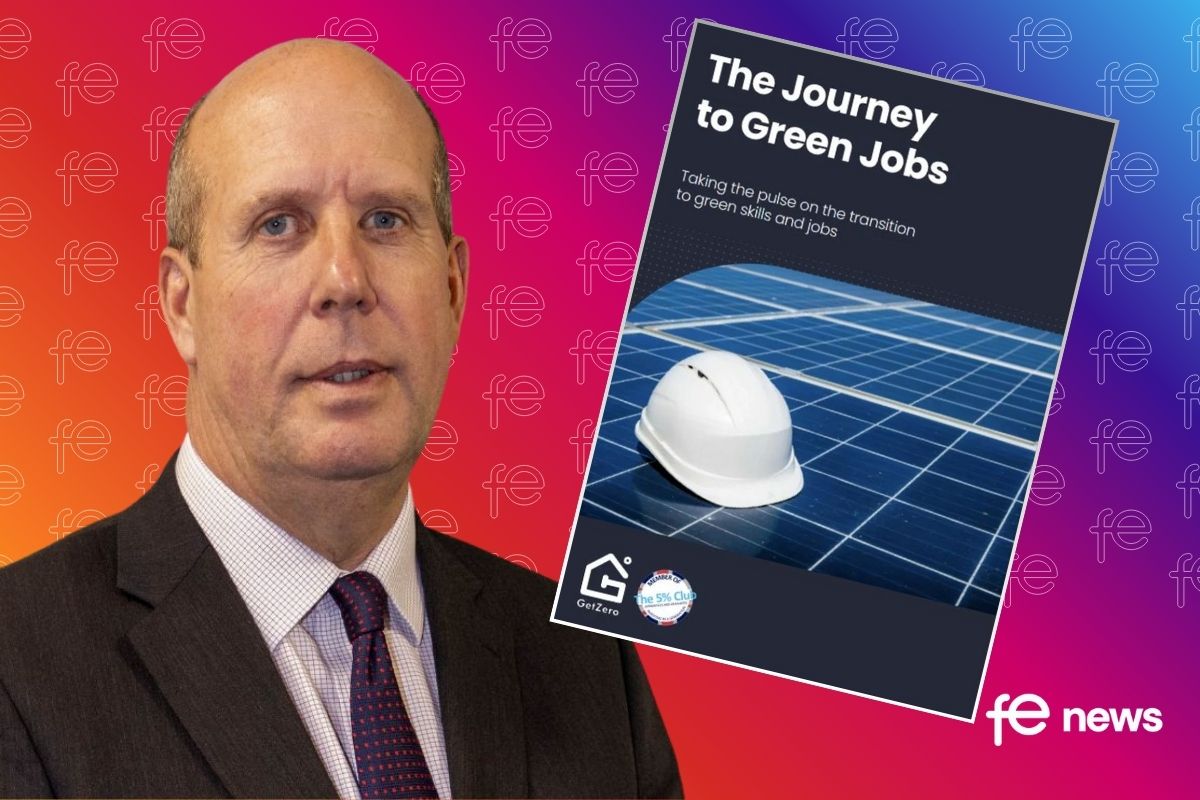

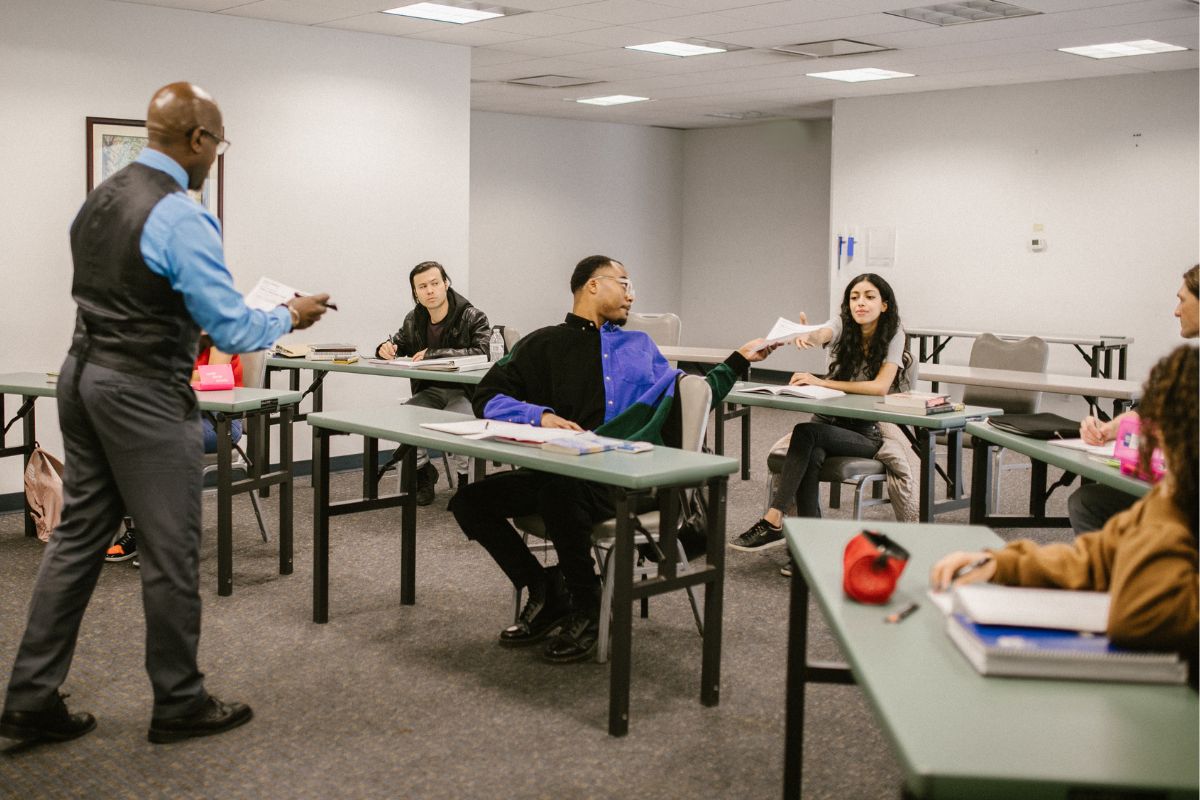
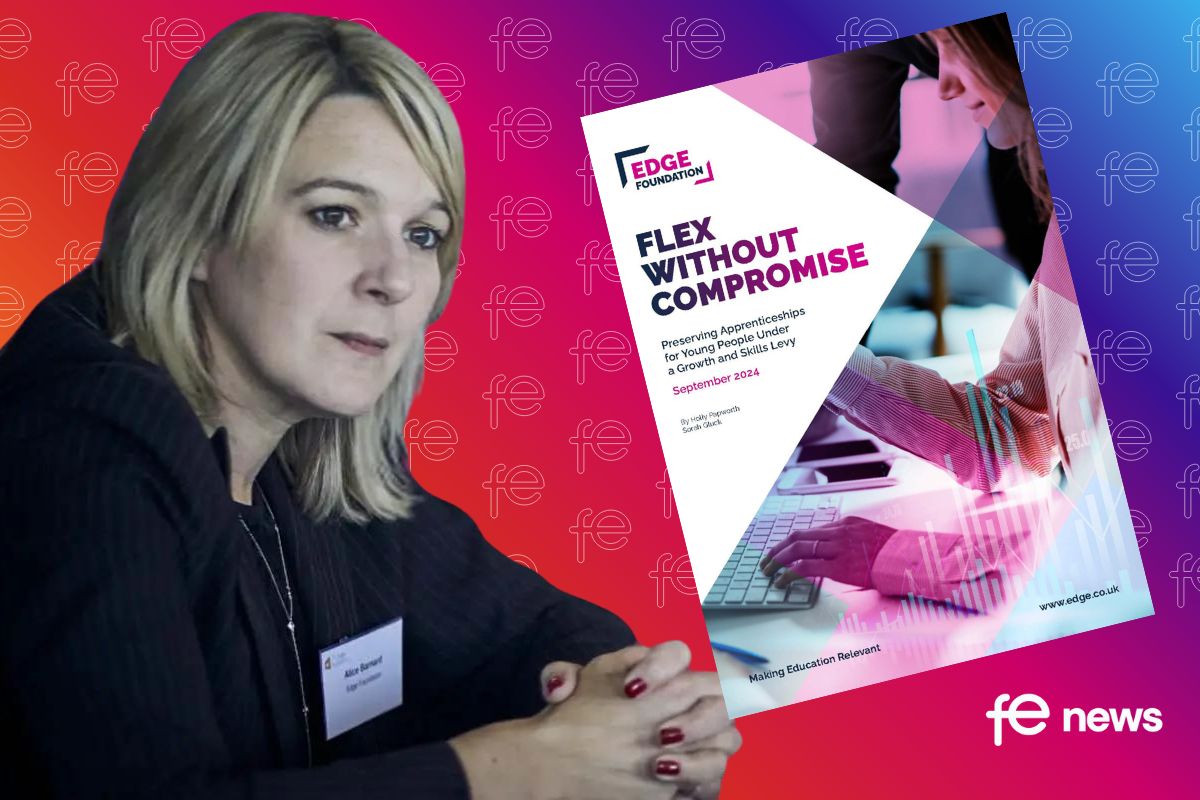


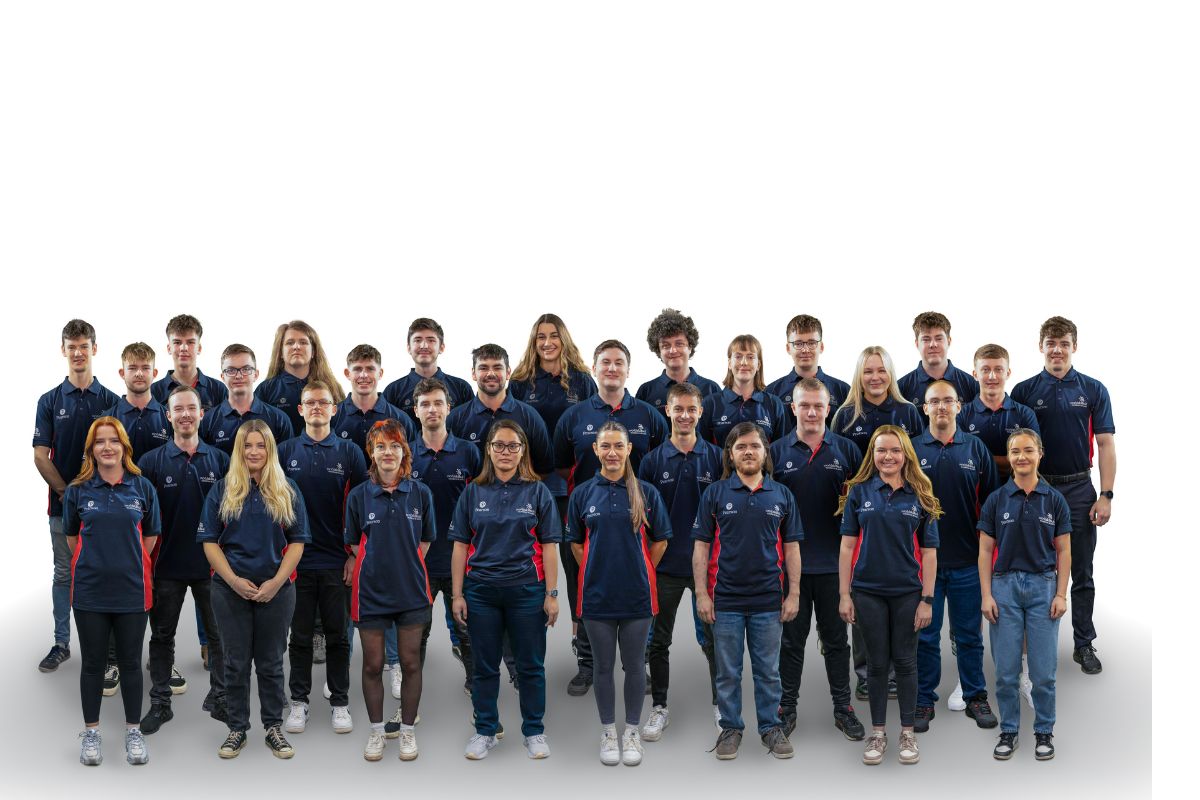
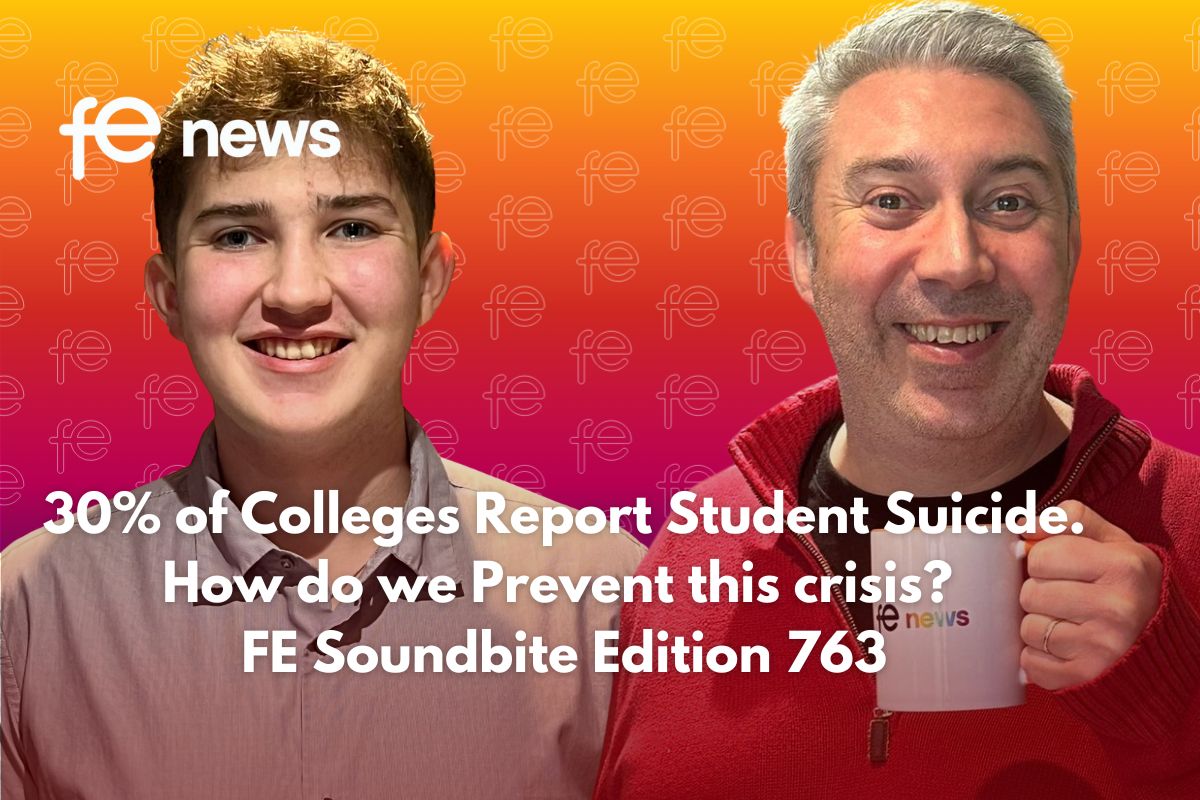
Responses